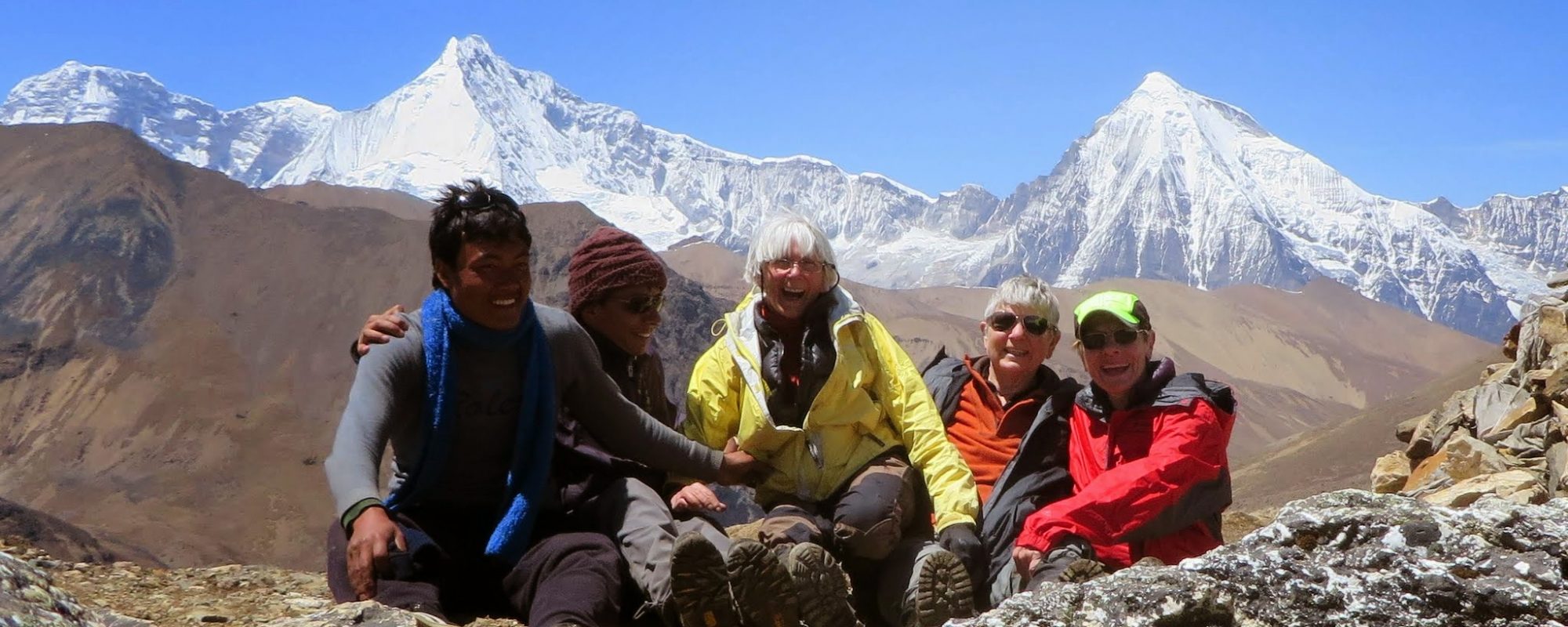History and political
Bhutan
is a constitutional monarchy with a parliamentary form of government. The
reigning monarch is Jigme Khesar Namgyel Wangchuck. The current Prime Minister
of Bhutan is Tshering Tobgay, the leader of the People’s Democratic Party.
Buddhism is deeply engraved in the soul of the country and is driven with interesting
cultural beliefs. The prosperity of the country is measured in terms of Gross
National Happiness. The King of Bhutan is known as the “Dragon King”.
Bhutan is also notable for pioneering the concept of gross national happiness
The
independent country Bhutan has endured for centuries and the territory was
never colonized in its history. By 1,500 BC people lived in Bhutan by herding
animals but towards the 7th century AD Buddhism was introduced into Bhutan. So
Buddhism has been an integral part of the culture of Bhutan. Then in 1616
Ngawang Namayal became spiritual leader of Bhutan and he took the title
Zhabdrung Rinpoche. Under him Bhutan became a united country. Headed by a
spiritual leader known as the Zhabdrung Rinpoche, the territory was composed of
many fiefdoms and governed as a Buddhist theocracy. In 1907 Ugyen Wangchuk was
elected king of Bhutan. Following a civil war in the 19th century, the House of
Wangchuck reunited the country and established relations with the British
Empire. Bhutan fostered a strategic partnership with India during the rise of
Chinese communism and has a disputed border with the People’s Republic of
China. Bhutan’s political development was heavily influenced by its religious
history. King Jigme Singye Wangchuck transferred most of his administrative
powers to the Council of Cabinet Ministers and allowing for impeachment of the
King by a two-thirds majority of the National Assembly.In 2008, it transitioned
from an absolute monarchy to a constitutional monarchy and held the first
election to the National Assembly of Bhutan, that has a two party system
characterizing Bhutanese democracy. In December 2005, King Jigme Singye
Wangchuck announced that he would abdicate the throne in his son’s favour in
2008 so On 6 November 2008, 28-year-old Jigme Khesar Namgyel Wangchuck, eldest
son of King Jigme Singye Wangchuck, was crowned King. The Druk Gyalpo (Dragon
King) is the head of state and the political system grants universal suffrage.
It consists of the National Council, an upper house with 25 elected members;
and the National Assembly with 47 elected lawmakers from political parties.


